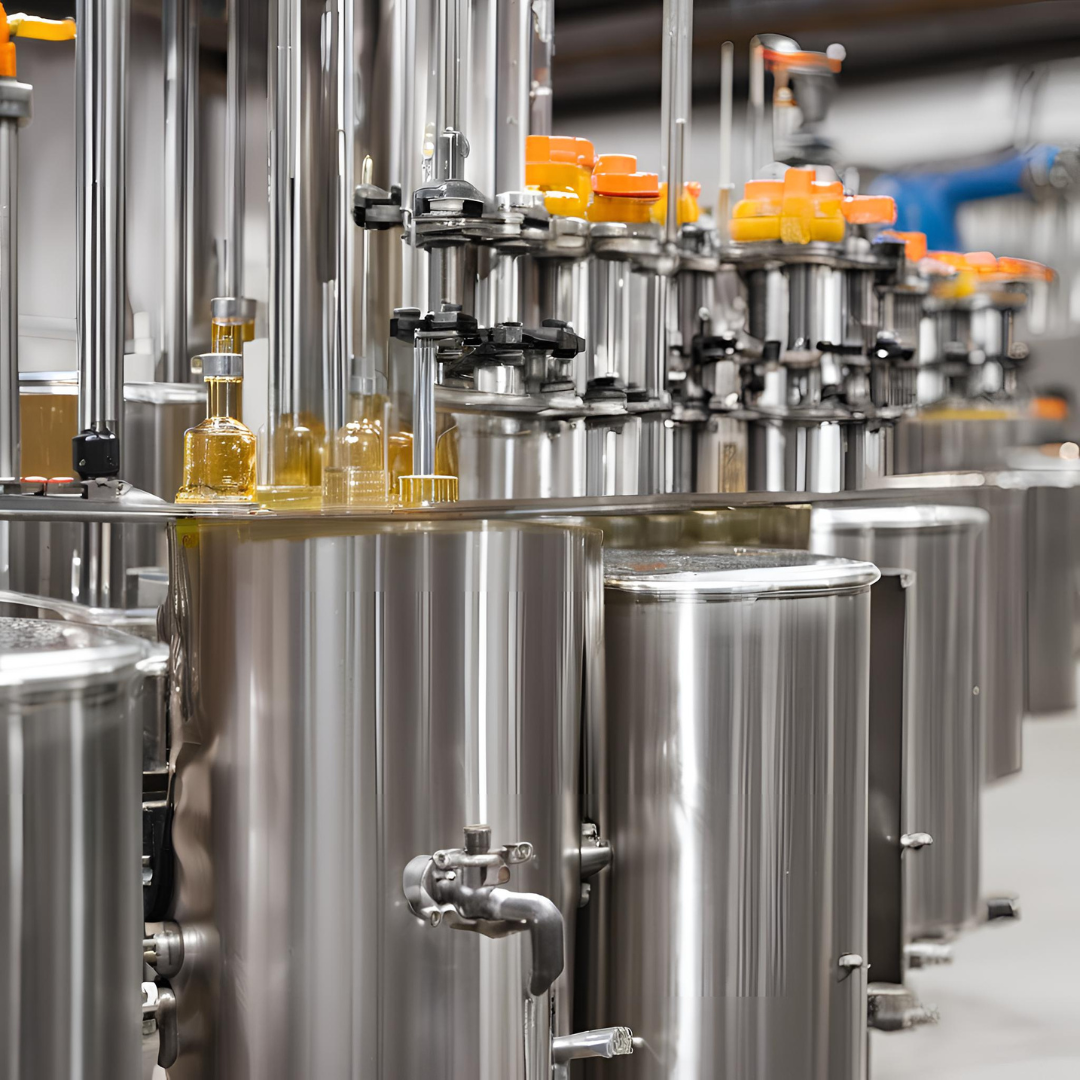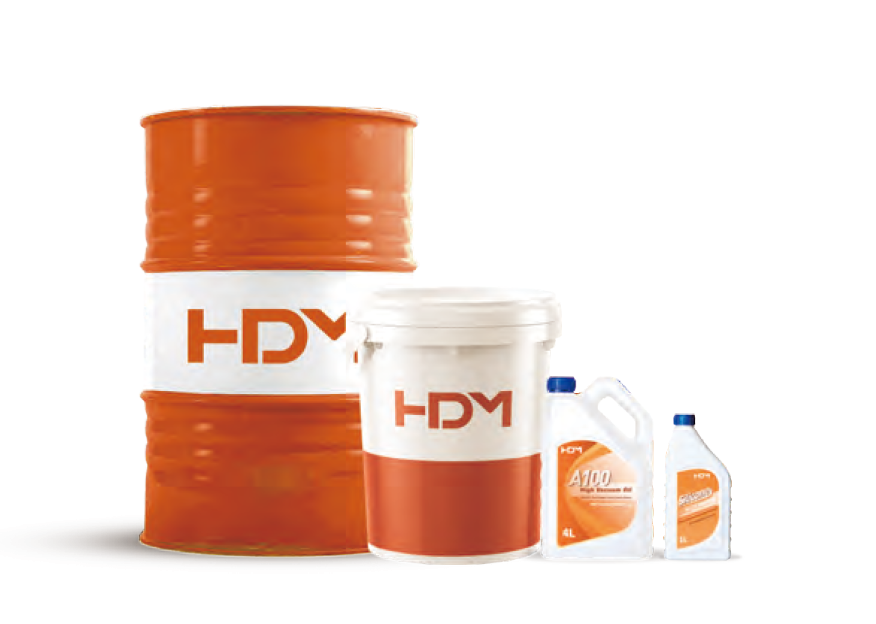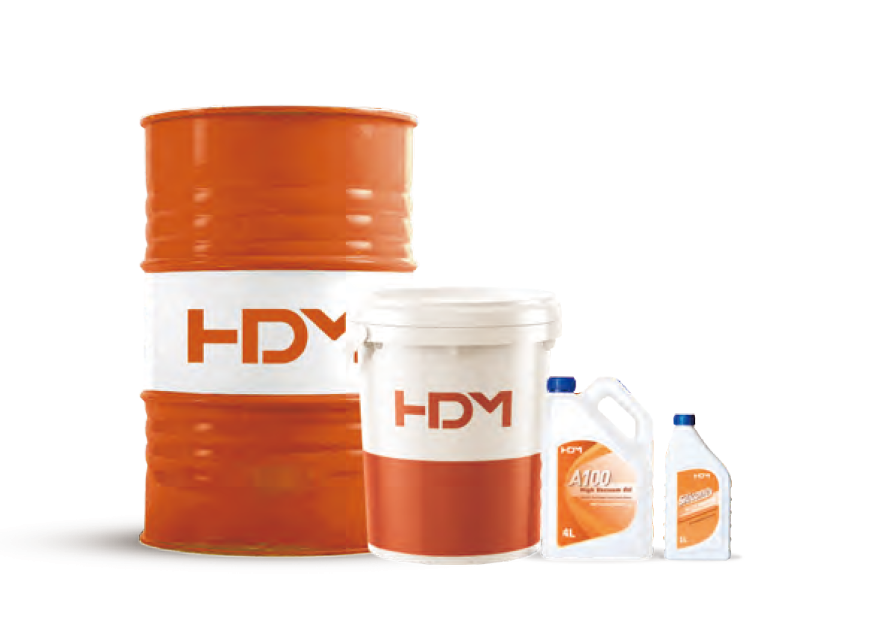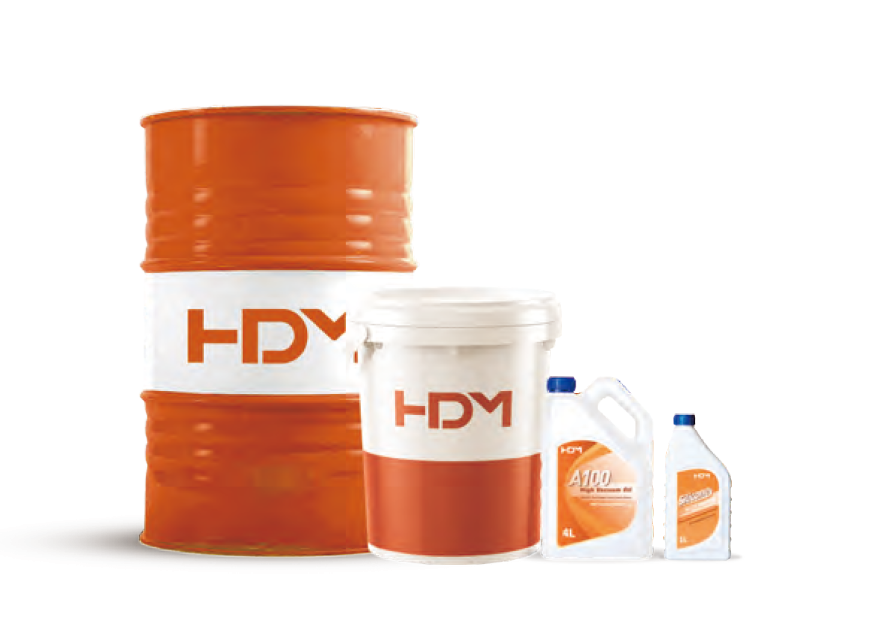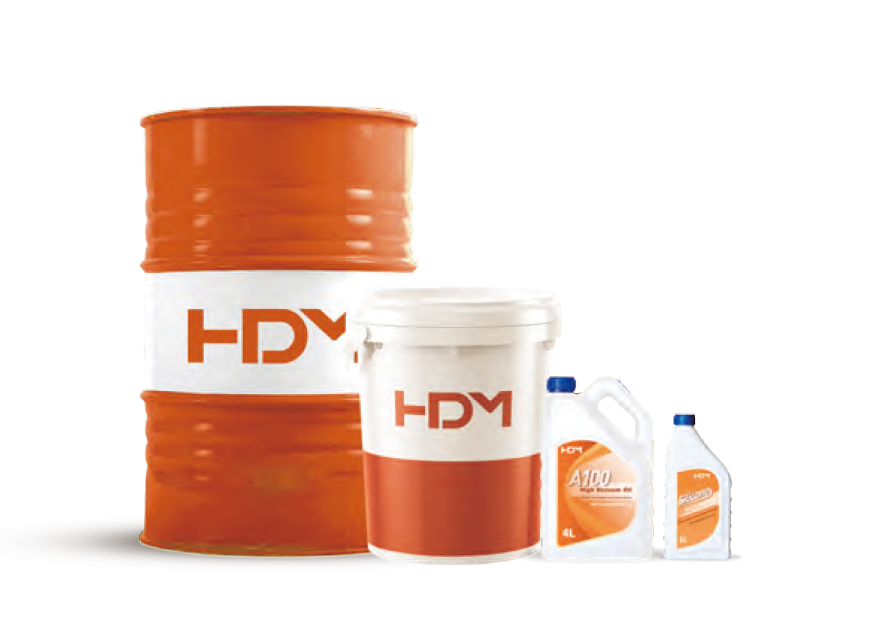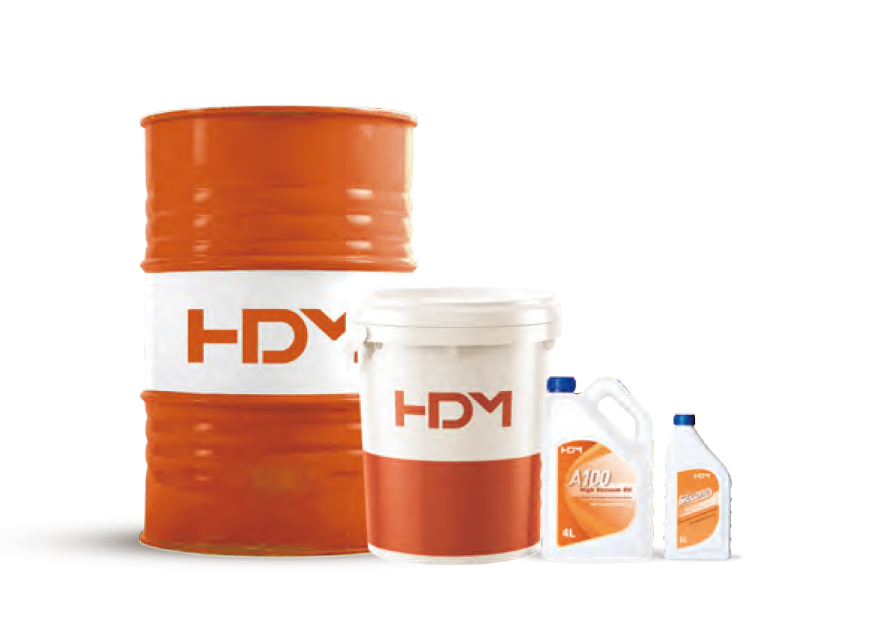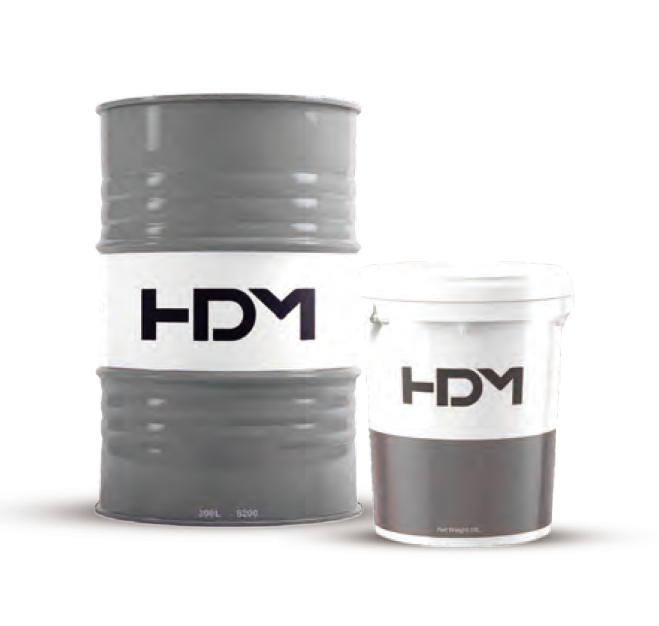Food-grade gear lubricants, as the name suggests, are lubricants designed for use in food processing machinery. Compared to regular industrial gear oils, food-grade gear oils have higher hygiene and safety requirements to ensure that they do not contaminate food during the lubrication process. With the increasing awareness of food safety, the food processing industry's requirements for lubricants are becoming stricter, hence the widespread application of food-grade gear oils.
Firstly, there are obvious differences between food-grade gear oil and industrial gear oil in terms of production standards and applications. Food-grade gear oil is specifically designed for the food industry, and its production process must comply with strict hygiene and safety standards to ensure that the oil does not contaminate food during use. On the other hand, industrial gear oil is mainly used for lubricating industrial machinery to reduce gear friction and wear, thereby improving mechanical efficiency and lifespan
Secondly, there are also differences in the chemical compositions of the two. Food-grade gear oil typically uses synthetic oils and does not contain any additives or toxic substances to ensure food safety. Meanwhile, industrial gear oil may contain some additives and toxic substances to improve oil performance and reduce costs.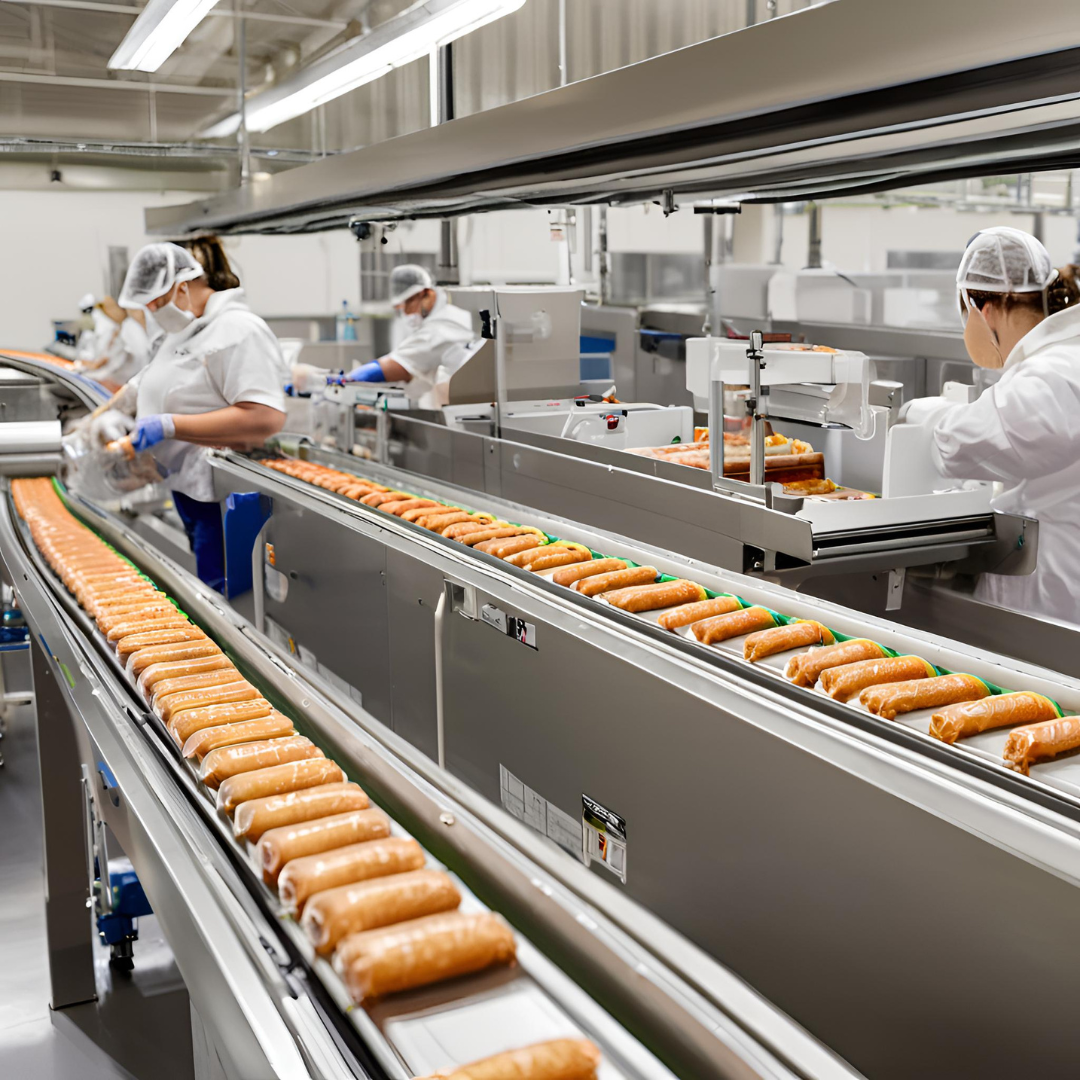
Certainly! Here's the translation:
"Furthermore, there are differences in the operating temperature range and viscosity between food-grade gear oil and industrial gear oil. The operating temperature range of food-grade gear oil is relatively narrow, typically between -20°C to 120°C, while industrial gear oil has a wider operating temperature range and can be used between -40°C to 150°C. In terms of viscosity, food-grade gear oil typically has a lower viscosity than industrial gear oil to reduce friction and wear.
In practical applications, the selection between food-grade gear oil and industrial gear oil needs to be determined based on specific usage, mechanical requirements, and operating environments. For example, in food processing machinery, to ensure food safety, food-grade gear oil should be chosen, while in other industrial machinery, industrial gear oil can be selected to improve efficiency and prolong lifespan.
In addition to the differences mentioned above, there is also a significant price difference between food-grade gear oil and industrial gear oil. Due to the higher production standards and requirements of food-grade gear oil, its price is usually higher than that of industrial gear oil. However, for some industrial machinery that requires high-quality lubrication, choosing food-grade gear oil may be more cost-effective because it can improve the lifespan and efficiency of the machinery.
How to Choose Food-Grade Gear Oil and Food-Grade Lubricating Grease?
Food-grade gear oil is primarily used for lubricating various types of gearboxes, providing comprehensive lubrication to gears, reducing wear, and extending their lifespan. However, there is a possibility that food-grade gear oil may leak and flow into food or pharmaceuticals, compromising product safety. Additionally, in some open gear transmission scenarios, lubricating with food-grade lubricating oil can lead to splashing and contamination of the surrounding environment.
In the aforementioned working conditions, equipment can effectively address various contamination risks and equipment failures caused by seal failure, water vapor breathing in gearboxes under outdoor environments, and splashing of open gears by selecting suitable food-grade lubricating grease for lubricating and maintaining gear transmission components. This helps prevent oil emulsification and deterioration and reduces contamination risks.
When food-grade lubricating grease is used for lubricating gearboxes or open gears, its high viscosity makes it less prone to flow, ensuring good adhesion and reducing the risk of leakage. Additionally, it forms a protective film on the gear surface, preventing wear and reducing the risk of contamination to food or pharmaceuticals.
In summary, using food-grade lubricating grease for lubricating and maintaining gearboxes or open gear transmission components in the mentioned working conditions offers several advantages:
- Food and Drug Safety: Food-grade lubricating grease complies with food safety standards, does not contain harmful substances, and can come into occasional contact with food or drugs without negatively impacting product quality. This is crucial for the food and pharmaceutical industries to ensure that the produced products meet hygiene standards.
- Reduced Contamination: It is common for some gearboxes to experience leakage or external water vapor emulsification due to seal failure during use. Using food-grade lubricating grease can prevent lubricant leakage or splashing onto products, thereby reducing the risk of contamination.
- Excellent Lubrication Performance: Food-grade lubricating grease offers excellent lubrication performance, effectively reducing friction and wear during gear operation, thus providing good lubrication protection. This helps extend the lifespan of gears and transmission systems, reducing the frequency of maintenance and part replacements.
- Temperature Resistance: Food-grade lubricating grease typically exhibits good temperature resistance, maintaining stable lubrication performance even in high or low-temperature environments.
- Water Resistance: Gearboxes or open gear transmission components in the food and pharmaceutical industries often come into frequent contact with water washdowns or high humidity environments. Food-grade lubricating grease exhibits good water resistance, effectively preventing water from entering the gearbox or being washed away, thus reducing the risk of corrosion and emulsification deterioration.
- Long-Term Stability: Choosing the right food-grade lubricating grease ensures excellent long-term stability, as it is less prone to oxidation and deterioration. It can maintain its lubricating performance for extended periods, reducing the frequency of grease replacement and minimizing maintenance efforts.
HDM Company is a reputable manufacturer that specializes in producing food-grade lubrication products. We provide a diverse range of lubrication solutions, including food-grade lubricating grease and oil. Our products are well-known for their exceptional quality and performance, adhering to strict food safety standards and industry regulations. By choosing HDM Company's food-grade lubricating grease, you can trust in the efficient and safe operation of your equipment, leading to extended equipment lifespan and reduced maintenance costs.


